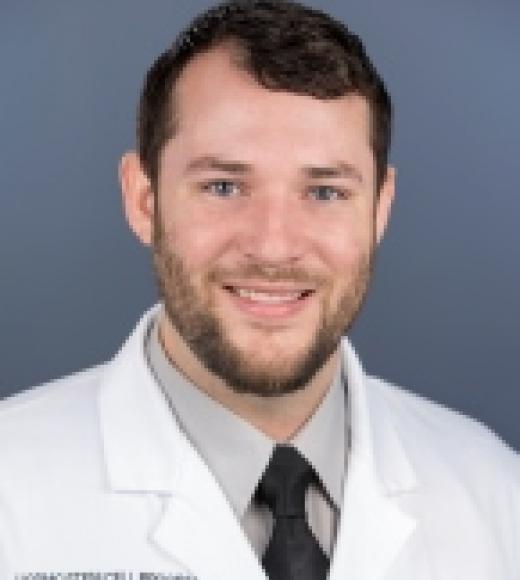
Position Title
Assistant Adjunct Professor
- Neurology
- Institute for Regenerative Cures
Dr. Fink received his Ph.D. in Neuroscience from Central Michigan University and the University of Nantes. He has focused on therapeutic development for neurodegenerative diseases, brain injury, and some forms of brain cancer. His research team focuses on genetically-linked neurological disorders such as CDKL5 deficiency (rare intractable pediatric epilepsy), Angelman’s Syndrome, and Huntington’s disease that are targetable with gene editing molecules in addition to some forms of brain cancer. His lab is identifying candidate sequences through whole genome sequencing and transcriptomics using a bioinformatics approach for structural variation discovery and genotyping that identify underlying common genetic variants. Gene variants linked to disease phenotype are examined for “actionable domains” for which we create therapeutic artificial transcription factors. Patient-derived samples can be used to create in vitro neuronal disease-in-a-dish models using novel induced neuron techniques. His team builds on the existing strengths and expertise at UC Davis and utilizes the necessary resources to develop a therapeutic pipeline in which precision medicine can be used to identify novel disease causing genetic variants to advance Precision Neurotherapeutics to clinical applications.
His current research focuses on two major goals 1) The therapeutic application of transcription activator-like effector (TALE) and clustered regularly interspaced short palindrome repeats (CRISPR) to modify gene expression in genetically-linked pediatric neurological diseases; and 2) the development of delivery systems that can safely and efficaciously target the central nervous system with our novel gene editing platforms. These goals specifically address: A) how to deliver these potent therapeutics to maximize the biodistribution in the central nervous system; B) how to increase the specificity of each construct to limiting off-target effects; and C) how to minimize the immune response to increase safety and the therapeutic potential of this approach. They have used known information regarding JHD and CDKL5 deficiency to guide construction of potent, precise gene modifying modalities- CRISPR/Cas9 and TALE. These platforms can turn on or enhance transcription of a gene, transcriptionally silence expression, cause permanent epigenetic changes, or remove a piece of DNA via targeted double stranded breaks essentially allowing for custom modifications to be made at the genomic level.
Education
University of California, Davis, Medical Center, Stem Cell Program
Sacramento, California
Ruth L. Kirchstein NRSA Postdoctoral Scholar, Institute for Regenerative Cures, Stem Cell Program, 2016
University of Nantes
Nantes, France
Ph.D., Neuroscience, INSERM UMR643, 2013
Central Michigan University
Mount Pleasant, Michigan
Ph.D., Neuroscience, Field Neurosciences Institute of Restorative Neurology, 2013
Central Michigan University
Mount Pleasant, Michigan
M.S., Experimental Psychology, 2010
University of Portland
Portland, Oregon
B.A., Psychology with Neuroscience Focus, The BRAIN Lab, 2008